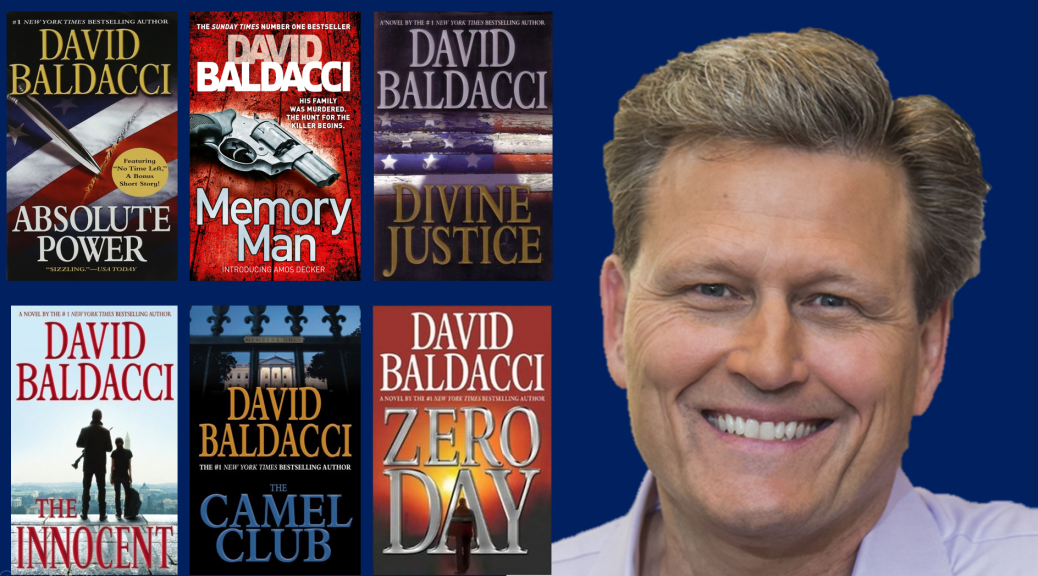David Baldacci is an author of many paperback novels. These notes are from his MasterClass.
Finding the Idea

The Writer Prism
Writing is a lifestyle: it needs to be incorporated in your daily life. You need to be looking at the world, but combining what’s black and white + your imagination with a few tweaks of reality. Writers run reality through a filter of your own creativity.
Look for Problems to Solve: wouldn’t be cool if something normal was actually changed slightly? You want to have the puzzles in your story, you have to leave clues, it tests your wit and cleverness. Make sure the story is puzzling.
Entertain and Inform: think about the opioid crisis and automation; rustbelt towns. Paying people $9 an hour to run around an Amazon warehouse. You want to feel a bit smarter after having read that book by raising awareness of these or other major trends and concerns.
Write about things that you are passionate about: Michael Crichton loved dinosaurs, don’t write a dinosaur story as a result of Jurassic Park. Don’t jump into the story for 100 pages and run out of the gas, either. That’s a risk when you don’t write from the heart.
Story Combinations: read the front page of a newspaper story then read a back page story and look at whether you can combine those two in a plausible way.
Research and Method: You have to learn about the industry you are covering. You need to be a journalist and then learn about it first hand. You will have better plotting and writing as results.
Live Your Research: If you use a real gun in your novel? It helps if you actually have fired such a gun.
Go to the places you are setting your novel in: People will see if you got the information right, so make sure you are accurate or there will be hell to pay.
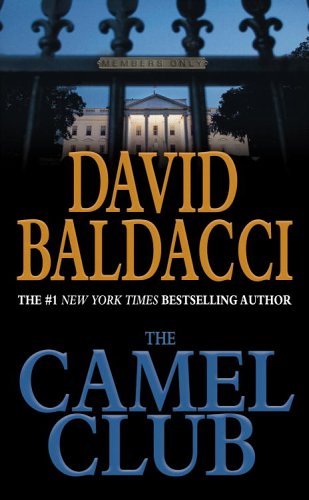
Character of the Location Is Important: the location will drive and imprint on the soul of the characters. It makes it more monumental. If you pick a coal mining town, visit it because it is critical to understand it for the plot.
Zero Day: Baldacci interviewed people, study nuclear weapons and then distill into a 2 pager. John Puller is a researcher who can explain it in dialogue. You do not want to lose the audience. Really use a lot of easy dialogue to explain the situation to the reader. As a writer, leave almost all of your research out!
Research Methods and Sources: “does anyone know a secret service agent?”… Baldacci was able to get a connection through his friend network. Don’t just go in cold-turkey. You have to show that you respect what they do. Do what Robert Caro did and move to Texas to study the hill country. Ask how did you become a secret-service agent. Ask questions like what is it like being [job]? Always remember to not record others without disclosing it. Don’t send important information in emails; you should be very discrete.
Buildup the Plausibility: if it could happen, it’s been considered by your audience to be real. No one can argue that is implausible. If you can imagine it, they have already done it….in the US military.
Research isn’t as hard as the story: you should try to do research and then write and then research more. It is so attractive to continue to research, it’s like going back to college. But don’t forget to write.
Outlining Your Story: do your outline for where you have to get to. Baldacci doesn’t do some work. He writes out what is the big story. He recommends winging the story and it might be more interesting to plan to the halfway and then figure out where to go.
Do Mini-Outlines: do not get overwhelmed with the story. You should focus into discrete tasks. You have to build the building blocks, and then you don’t feel overwhelmed. If you are thinking about all 145,000 words, 500 pages you would freak out and not start!
Working on small bullet points: you do not want to focus on the whole book. You should sweat about the small scenes, since small scenes make great novels, it doesn’t work in reverse. You need to work with outlining and then you need to let your mind grow and flow. Work on the forces behind an action…
Surprise Your Reader: You want to slant the reader into expectations that you then skew; you want the reader to say I never saw that coming. You want the reader to say “not going to try to predict what is going to happen in this novel. I’m going to read on.”
Constructing a Powerful Chapter: if you try to figure out the whole novel at once well then you should start with the “big pop”; which should be the first chapter. It’s the touchstone of the story. It’s the most important chapter. You want it to be more important. The mothership is the first chapter.
Create Momentum with Short Chapters: hurry up so we can get to something massive. You want the rapidity of chapters to signal imminent events. You have to hit these chapters quickly and hard.
Create Some Balance: if you have just interior monologue, you want to have some break up in the type of chapter. You should diversify. Dialogue is a powerful story telling mechanism. Bullet point your writing in the outline. You are always going to add as you write. Why are you writing Chapter 12?
Why are your writing Chapter 12? Be sure you know what’s the purpose of every chapter in your book and what isn’t the purpose of this chapter.
- Convey information,
- Develop character or
- Move the plot forward.
Tension, Pace: building mystery into the thrillers. The mystery has to be in there to trick the reader. You need to build the mystery incrementally. It’s not easy to build a mystery.
Lay the Groundwork to Make It Plausible: you have to lay the groundwork. It has to be clue by clue. You need to have all the material together. Then the twist is something that the reader would say “that makes sense.” You cannot have one false note in your story. “I never saw that coming” is key because the reader is engaging the story to try to solve the problem.
The sound of the car, the plane going over: the red herring: it’s a misassumption; and you assumed it was an airplane when it wasn’t it was a bi-plane, that’s a red herring.
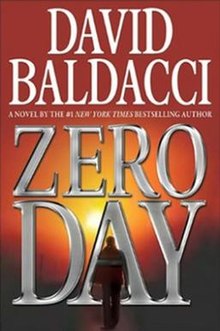
Maintain a Ticking Clock: you need to make sure the time is ticking with this story. If you let something lapse, you don’t want people to be reading back earlier in the book to remember why the time is ticking on this story.
Take a Reader on the Roller Coaster Ride: you cannot sustain a constant action packed story, there is too much going on. You can’t sustain that. You need to have chapters where your characters heal their wounds, go get beer, have a pattern of crazy things happen then there is a lull, you need to rest the audience. The same with films as in books, the same needs to happen.
Give the Reader a Recap: the reader probably has too much going on in their lives to remember everything from earlier in the book. You can’t trust that something 18 chapters ago is going to be remembered by the reader. Detectives say “here is what we know about the situation….”
Build Anticipation with Cliffhangers: anticipation needs to be built. You have a cliff hanger. Pause in mid-scene. You can’t use every chapter to do this but it’s a fun trick. Your main character has to let himself go and nothing, he doesn’t seem to care about life…then the news comes in about who killed his family. Boom, end chapter.
Cliffhangers: Zero Day, you need to entice the reader to keep going. To makes sure they continue to turn the page. The so-what of your writing. Why did you spill this ink?
Creating Compelling Characters: You remember the character. You know his character. You need characters badly. It’s the only shot you have to connect with the audience. You need to have deep characters. You have never met a perfect human being; and just like in novel, you need flaws to make them humans, it gives you plot engagement too. You can root for them. How can I make any reader like this guy? Mistakes.
Give Your Character Baggage: Fodder, that you can foreshadow with. After he hit rock bottom. The best way to get readers into the story, is to put your character in rock bottom. Then it comes a challenge to show how they survived the situation.
Sidekicks Should Be Deep: You have to have an aircraft controller with your characters. Do not ignore your sidekicks. The journalists and the detectives and they could just float away: but instead they have to work with each other.
Antagonist is a Complex Character: It gives them depth and complexity. If you have an evil genius; No one want to think he was just a psycho. You actually ought to meaningful motivation.
Memory Man: Amos Decker: The character that sees the world very clearly. Why is his mind so weird? The narrative shows that the character is very unique in the way they notice certain things and analyze the world around them.
ID the Emotional Context: People don’t really talk pointlessly. What is the emotional context. You need to round out the scene. How would you feel if this happened to you. You need to get into the emotional side.
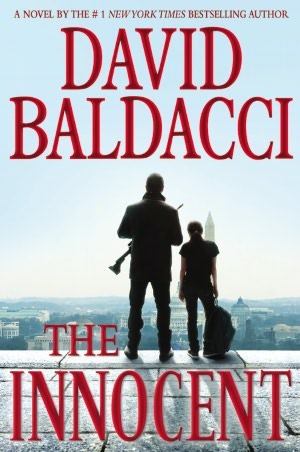
Make Every Word Count: When you are writing dialogue, you need to make sure the characters are efficient. You might realize that the story is very important to you or the description of the forest in Tolkien is very important to him but not to your reader. Be brief, every word matters.
Become a Student of Humanity: You need to listen to people. Watch their body cues; you can tell they are prevaricating. Live in the real moment and see if you can accomplish that.
Read Dialogue Out Loud: Test your ear. If you were worried about it, get your friend to talk the scene out with you. Does this sound right?
You can use shorthand in your writing, the reader doesn’t want to know about these short-hands. Be very careful about the readers. You should have shorthand stuff; technical language is useful but make sure it is against something that the reader can read. People actually know, that could insulate the reader. Do not insult your readers.
Writing Action: You want action to see if you can jolt the reader. Then the action can convey the information. You can actually learn about the character through action, it has to be important. You want to make sure you don’t screw this up.
What does it feel like to be shot or hurt? Know how to describe that. You should show the consequences of these actions. Slow down the fight scenes. Savor them if you can.
Choreograph Action Scenes: you should try to visualize the scene. Plan the details.
Make the Action Believable: This guy bleeds. You neve want to write science-fiction where the character is completely crazy. He almost died there are consequences to the scene. No one will buy it if the hero is impervious to harm.
Writing Process: Baldacci was a lawyer but he also had to find the time. He would spend time at night 10 to 2am. But if you really like your stories you will take those 4 hours a day to focus in on your writing. He wrote 4 hours per day. Either write in the mornings or evenings. You should set out little goals for every writing session…
You Have to Find the Time: If you really wanted to be a writer, find the time. Writing is a compulsion. You find your time if you are really into your career. So writers are ready to find the time. You have to be creative to find the time to do your stories; 4am to 8am or 10pm to 2am….
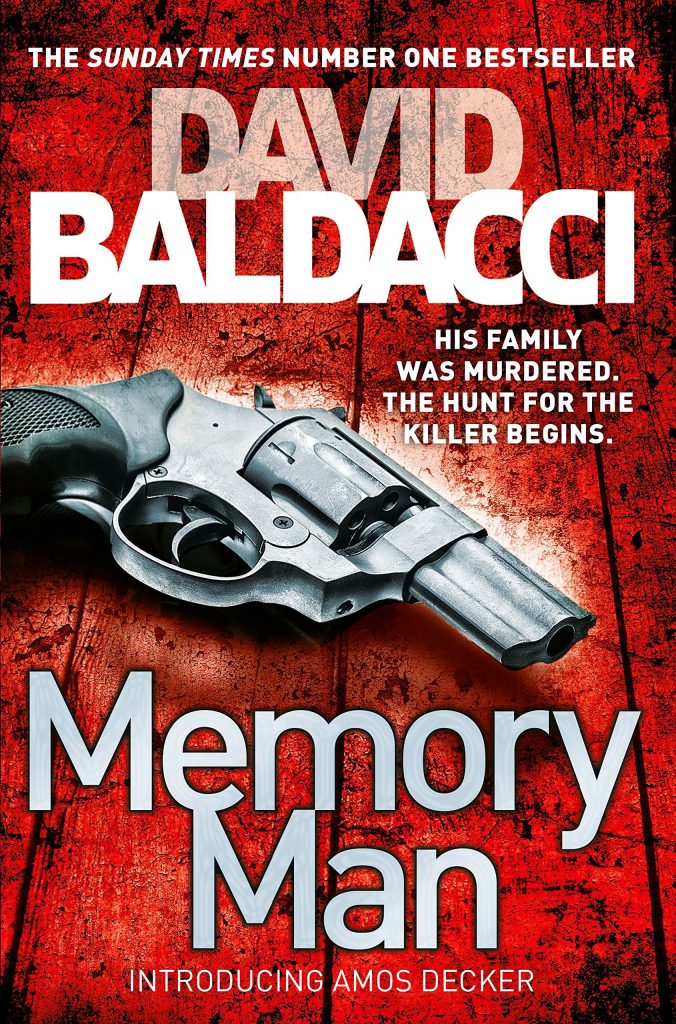
A Good Clip: 2,000 words, or 5 pages per day. Baldacci doesn’t write at all some days. He could write 5,000 words in one sitting. So every day is a bit different. You may find one process doesn’t work. The perfect place is in your head: you should be able to write anywhere. You should be focused and be productive in a coffee shop or subway car.
Immerse Yourself: You should re-read the first chapter of the novel then the last two chapters you recently wrote to get you warmed up, that way you can avoid doing the next scene cold.
Breaking Writers Block: Go work on another project, and take a shower, go exercising. He does a lot of long walks, let your mind wander.
Self-Imposed Deadlines: Baldacci has an April and November deadline per year. Baldacci never misses those marks. He is the fastest editor in the west. He then does the editing in the novel and then mixes and moves plot points around nearing the final draft. Have an internal deadline; when you immerse yourself in the material; you have to live with the material.
Editing Process: go through the manuscript and then edit 12 times and then do the big boy edit (one final read through), you turn the manuscript around start to finish and then cross out other aspects. And then remove the preachy time or soap box type stuff. You cut out a lot of material or you just have to add a few lines. Copy-editing stage: this is where you work to get the manuscript off your desk.
Check Your Pacing, Chapter by Chapter: look at the roller coaster ride that you’ve built and lay out how to make it more appealling.
Walk Away from the Material: Take a break, and have a clean look at it again. During the editing, you should know where you are in a novel just be reading a few lines.
First Draft: there is a lot of tightening that needs to happen and then you cut some sections out.
Know When to Let It Go: you have to wear your psychologist and writers caps; reader might feel differently You have to let it go before you edit it to death. Let it go and then move on to the next book.
Working With An Editor: build trust with editors. You have to have trust and confidence. Writers have to have trust. The editor is trying to make it better. A good editor will say promo! you need the editor to tell you the truth where the plot is not working. there will be disagreements over the manuscript. Open communication is essential. Not any word is set in stone, take feedback in context.
The Buck Stops with You: you should make the changes, then copy-edit. The buck stops with you. You can’t really change that much. So you have three opportunities after your first draft.
Editorial Letter: take feedback positively, character X could use more attention, similar to actors on the screen. Try it and see if it makes the story better. In fact, that’s how several other novel series were born for Baldacci.
Navigating the Publishing Business Part 1: if you are given an advance, then you are given 15% of the book’s cover price, so if the book is $25 then you get $4 bucks. Then you’ll learn about royalties. The publisher gets better placement of the book on Amazon for example, then you get this bigger pie because they want to grow your share. Get all your expenses in there, but then we have money left over which Baldacci splits with his publisher. He gets 50% of the revenue in that deal. You should learn about the business, you should learn about the publishing industry. You will then feel more in control. Understand the industry, you won’t get screwed. You want to help sell this book that drives the publisher’s profits.
ThrillFest: is a July convention. Do panels. And then they have publishers and then pitch ideas.
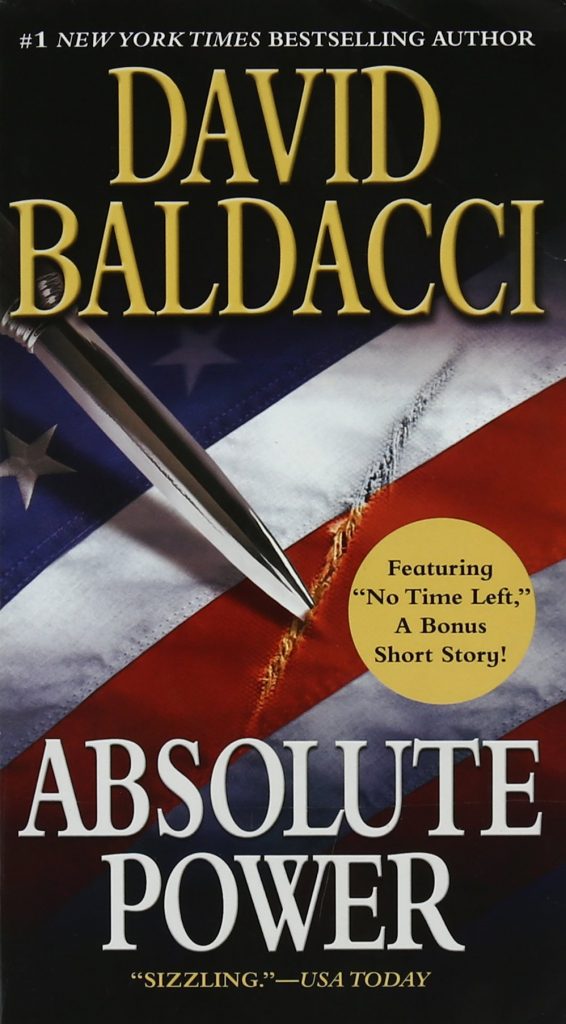
Look to this as a Career: you want an agent that manages your career not your one book. You want to negotiate your own deals. You want to have sage advice. Are you receptive about the craft? You need to lift yourself out of the sludge. If you tell your agent that you are only doing one novel then you will lose their interest fast since they want to milk you just as much as a multi-book publishing deal. Align your interests otherwise you will get screwed.
Actively Promote Your Book: print ads, airport placements. Be prepared to publicize this book. If this is one book success, then you will lose your audience. You can reach people and build the ecosystem with more than one book.
Pay Attention to World Rights: be sure you do not sell world rights to the publisher. You can sell your American rights and then British, you should be wise to meet your country by country publisher to get better deals on a bilateral basis. If you sign off World Rights, then your publisher will do all that work for you and get a better deal for themselves. Don’t work with a publisher that want to do World Right or nothing at all. You should do your own World rights deals and build your fan base over there.
Establishing the Booksellers: you should do book signings. Walk around the stores, how many returns do you get? how many people do you see? There are book stores on book tours that you have to visit. You need to promote your book by being present.
Build Your Fan Base: you need to write regularly just like podcasts etc. 1 per week and for a book, it’s 1 per year? He has many characters with multiple series. You have to get out there. He went around the world to get fans. You want to build your fan base by writing another and another. You shouldn’t just write every 5 years, there is a free market, people will forget you and your books. Note that Baldacci writes okay books twice a year (3 months to write one + 2 editing). They know that they will be consistently reading, that’s the way the market place is. The biggest problem; you need to follow-up with a reasonable fan base; or they will forget about you.
You can do self-publishing, editing and sell copies. You can have thriving careers on Amazon. You can send sample chapters as well.
Stay Focused on What is Important: some authors actually forget about what got them there which was the writing and thinking.
Writing A Series: if you have the motivation to write a series. A is for Alibi, B is Burglary, don’t say that you can’t take on a series. The world will miss out on a great character if you don’t write a series..
Give Your Characters Wiggle Room: so that you can potentially write a separate series featuring them.
Next Books: always sell the idea to the publisher that you want to write a series of 8 books.
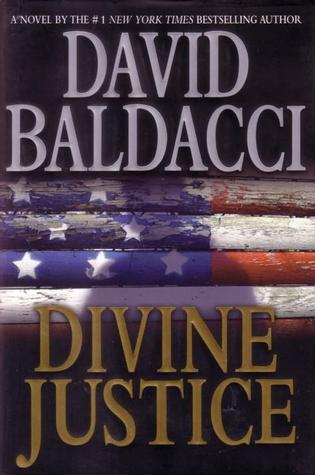
Be Consistent
Everything is consistency; if your character reappears in a new book than you need to know about them. Be consistent with what they do. You should master your own material. Do not screw up the arch, make sure that your character actually follows an arch.
Books Change The World
So be the next vital cog in making this system work. We need people’s inner drive. Don’t give up what you care about. If writing is your passion, then follow the words and good things will transpire.

